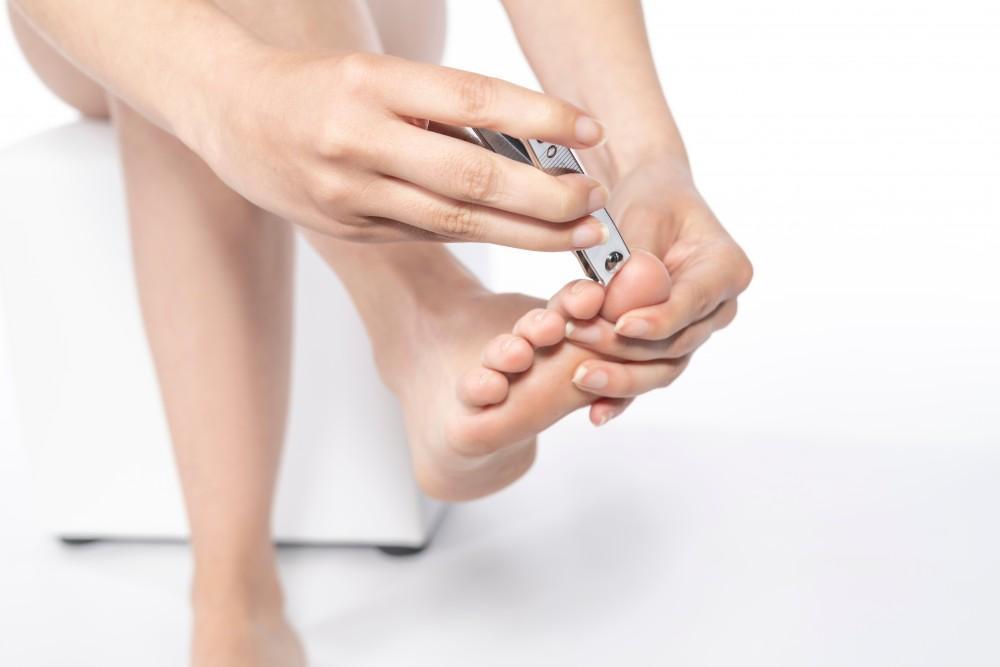
ARE BUNIONS GENETIC?
A large bony protrusion on the side of the big toe is indicative of a condition that is referred to as a bunion. Foot pain may be a common symptom if a bunion exists, and it may be difficult to wear shoes. There are several reasons why bunions may develop. These may include a genetic disposition or a possible injury that has occurred to the foot. Research has shown that bunions are less common in non-western countries, and this may possibly be due to the type of footwear that is worn. Mild relief may be found while using a bunion pad, in addition to wearing shoes that do not cramp the toes. If you have developed a bunion, speak to a podiatrist who can offer advice on effective treatment options.
If you are suffering from bunions, contact one of our podiatrists of Family Foot and Ankle Center of South Jersey. Our doctors can provide the care you need to keep you pain-free and on your feet.
What Is a Bunion?
A bunion is formed of swollen tissue or an enlargement of boney growth, usually located at the base joint of the toe that connects to the foot. The swelling occurs due to the bones in the big toe shifting inward, which impacts the other toes of the foot. This causes the area around the base of the big toe to become inflamed and painful.
Why Do Bunions Form?
Genetics – Susceptibility to bunions are often hereditary
Stress on the feet – Poorly fitted and uncomfortable footwear that places stress on feet, such as heels, can worsen existing bunions
How Are Bunions Diagnosed?
Doctors often perform two tests – blood tests and x-rays – when trying to diagnose bunions, especially in the early stages of development. Blood tests help determine if the foot pain is being caused by something else, such as arthritis, while x-rays provide a clear picture of your bone structure to your doctor.
How Are Bunions Treated?
- Refrain from wearing heels or similar shoes that cause discomfort
- Select wider shoes that can provide more comfort and reduce pain
- Anti-inflammatory and pain management drugs
- Orthotics or foot inserts
- Surgery
If you have any questions, please feel free to contact our office located in Cherry Hill, NJ. We offer the newest diagnostic and treatment technologies for all your foot care needs.
You Might Also Enjoy...


5 Ways to Keep Your Bunion Pain to a Minimum

Gout: What Is It and How Can I Get Rid of It?

Complications of an Untreated Ankle Sprain

Suspect You’ve Broken Toe? How To Tell and What to Do


